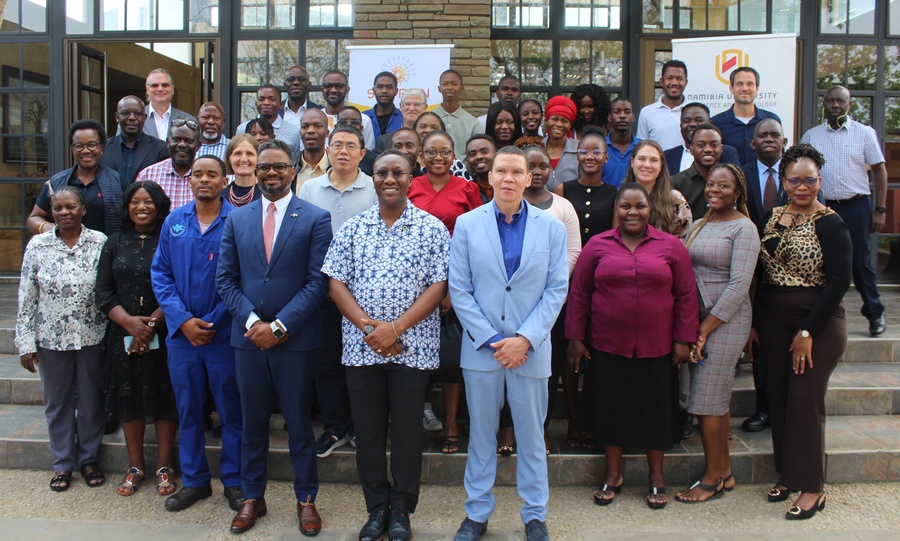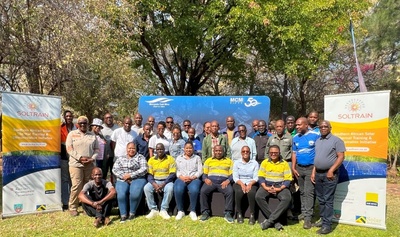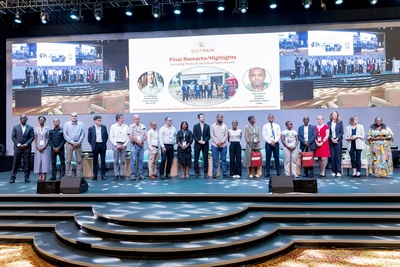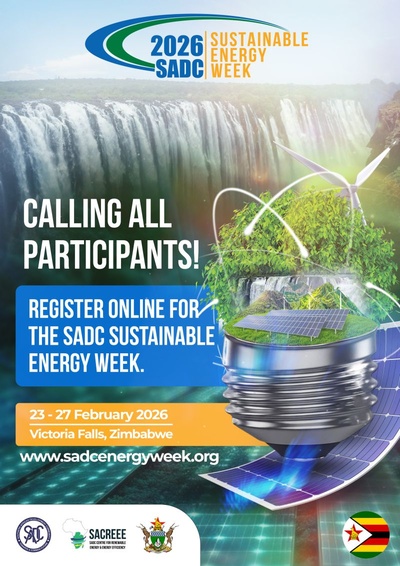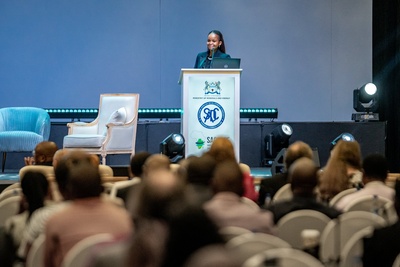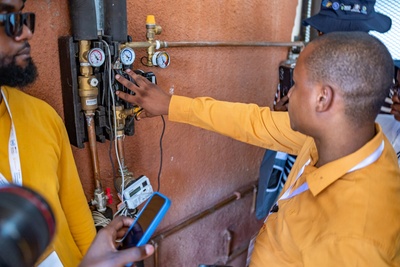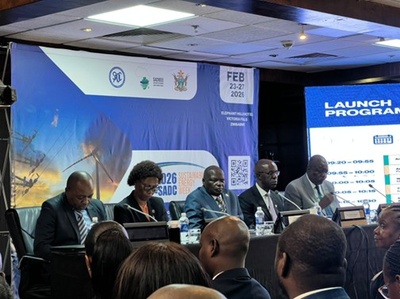Strengthening Collaboration with IEA SHC Task 69 “Solar Hot Water for 2030”
Submitted by Monika Spörk-DürPublished 2 months, 4 weeks ago
The aim of IEA SHC Task 69 “Solar Hot Water for 2030” is to establish a foundation for the broad, successful, and global deployment of thermosiphon and solar PV hot water systems by 2030. The task focuses on developing efficient, reliable system configurations for domestic hot-water preparation that are optimally adapted to local conditions and market structures. It further promotes global knowledge exchange and closer cooperation between the solar thermal and solar PV sectors to advance solar hot-water technologies worldwide.
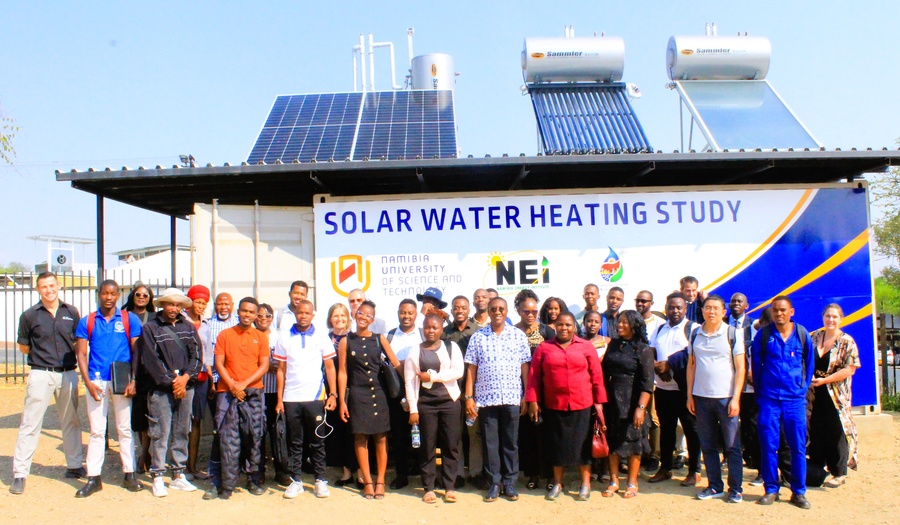
Experts from SOLTRAIN+ have contributed to the work of IEA SHC Task 69 across several workstreams, including a market study in the SADC region on the status of solar thermal and PV-to-hot-water systems, research on failure modes and system reliability of thermosiphon units, and the documentation of best-practice examples from the region. Building on these synergies, the idea emerged to bring together experts from both initiatives to discuss shared topics, exchange knowledge, and learn from each other’s experiences.
To this end, a Joint Symposium hosted by the Namibia Energy Institute (NEI) at the Namibia University of Science and Technology (NUST) was held from 23–26 September at the NUST Hotel School in Windhoek, Namibia. The event focused on key themes such as standards and certification frameworks in different regions, solar collector testing based on EN 12975, and the presentation of a comparison study currently being carried out at NEI.
In addition, the SOLTRAIN+ team participated in the IEA SHC Task 69 meeting, which was conducted in a hybrid format and provided valuable insights into the international work being carried out within the task.
A technical tour on the final day showcased practical applications of solar hot-water systems, developed and co-funded through SOLTRAIN:
# NHE low-cost housing with 62 solar thermosiphon systemes. The female-led installation company TBS provided insights into maintenance measures essential for ensuring strong and long-term system performance.
# Osona Village with 90 solar thermosiphon systems. The property developer presented its vision for further sustainable expansion, integrating both solar thermal and solar PV technologies as key elements of the community’s growth.
# Katutura maternity ward showing one of the largest solar thermal pumped systems in Namibia.
The Joint SOLTRAIN+ / IEA SHC Task 69 Symposium in Namibia proved to be an effective international platform for knowledge exchange, best-practice sharing, and research collaboration in the field of solar hot-water technologies.
